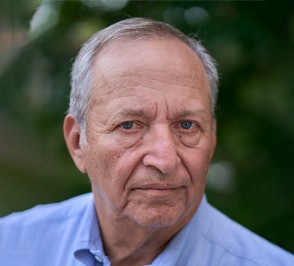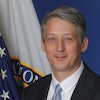What constitutes protected free speech and antisemitism on college campuses were key topics discussed Thursday during a webinar hosted by the American Council of Trustees and Alumni (ACTA). Dr. Lawrence Summers
Dr. Lawrence Summers
The event, "Antisemitism, Academic Freedom, and Board Leadership," brought multiple scholars and higher ed leaders together to offer their thoughts on the current state of antisemitism on U.S. college campuses and what university trustees can do in the face of it.
Panelists criticized higher ed institutions, leaders, and trustees for what they saw as insufficient or altogether-missing pushback against rising antisemitism in the higher ed sphere. According to Jewish campus organization Hillel International, there have been 1,275 reported antisemitic incidents on campuses since Oct. 7, marking a 700% increase compared to the same time period the year before.
“I think it's unfortunate that higher education leaders have not responded to encroaching antisemitism in the way that they have responded to other instances of prejudice,” said panelist Dr. Lawrence Summers, a former Harvard University president.
Though not the only school to face criticism for not quelling antisemitism on its campus, Harvard – often viewed as the posterchild for elite higher ed institutions – has become a focal point for many critics. This comes amid former president Dr. Claudine Gay’s controversial testimony to Congress last December, after which she apologized and resigned from her position.
Summers criticized the school’s trustees, claiming that they had demonstrated “consistent and ongoing failure to this day” when it came to insisting that Harvard set “an appropriate moral tone.” Such is also the case at many other institutions, he added.
But not all involvement from trustees is appropriate, and knowing when to intervene requires the ability to discern issues of fundamental principle from issues of political viewpoint, Summers said.




















